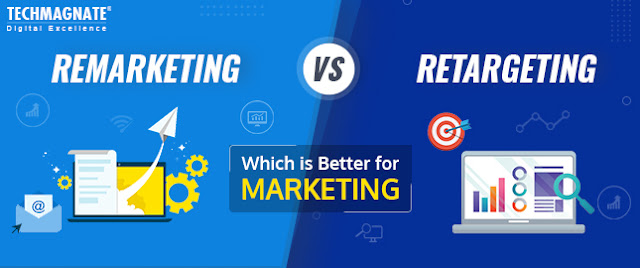In the dynamic landscape of modern business, data has emerged as the linchpin of successful marketing campaigns. By harnessing the potential of data, companies can not only comprehend their audience's preferences but also anticipate behaviors and tailor campaigns for maximum resonance. This article delves into the intricate art of using data more effectively in marketing, offering concrete examples and innovative strategies.
Crafting Personalized Experiences Through Segmentation
Data-driven marketing's bedrock lies in segmentation and personalization. By dissecting customer data, businesses can categorize their audience into distinctive groups based on various factors. This allows tailored messages and offers that resonate on a personal level. For instance, an e-commerce entity might categorize customers as "frequent buyers," "occasional shoppers," and "lapsed customers," sending tailored product recommendations and exclusive discounts to each group.
Peering into the Future with Predictive Analytics
Predictive analytics empowers companies to foresee customer behavior, making informed decisions and resource allocation possible. Streaming services, for instance, employ predictive analytics to identify users contemplating subscription cancellations. By scrutinizing factors like viewing habits, they offer targeted promotions or content recommendations to retain customers, thereby reducing churn.
Elevating Excellence through A/B Testing and Optimization
Data-driven marketing is about constant evolution. A/B testing enables businesses to compare marketing material variations and pinpoint the most effective elements. For instance, an online travel agency could test two email campaign versions—one emphasizing discounts, the other highlighting booking ease. This data-driven approach helps refine strategies based on open rates, click-through rates, and conversions.
Guiding Users Back with Behavioral Retargeting
Harnessing data for retargeting those who displayed interest but didn't complete desired actions is another powerful tool. Potential customers can be prompted to re-engage through relevant ads or reminders. An outdoor gear retailer, for instance, can showcase ads featuring products a user recently viewed on their website, effectively guiding them back to complete their purchase.
Listening to the Pulse of Social Media
The wealth of insight present in social media is a goldmine. By actively monitoring conversations, businesses can gauge sentiment, trends, and customer needs. A cosmetics company, for example, might identify a rising trend in eco-friendly products and launch a campaign centered around their sustainable skincare range.
Case Study: Netflix's Personalization Paradigm
The exemplar of data-driven personalization, Netflix's recommendation engine relies on user behavior data like viewing history and genre preferences. The "Taste Profiles" feature utilizes this data to provide individualized content recommendations. This personalization strategy is credited for enhancing user engagement and retention. The Netflix approach exemplifies the potential of data-driven marketing to transform the user experience.
Innovative Avenues for Data-Driven Marketing
Behavioral Triggers: Automating marketing based on user behavior, such as abandoned cart reminders, enhances engagement and conversions.
Augmented Reality (AR) Experiences: AR technology can offer interactive and personalized experiences, boosting brand engagement.
Emotion Analysis: AI can analyze customer emotions from interactions, enabling tailored campaigns.
Blockchain for Transparency: Blockchain ensures transparent, tamper-proof product information.
Voice Search Optimization: Optimize content for voice search queries, aligning with voice-activated device trends.
Chatbot Assistance: AI chatbots offer instant support while collecting valuable data on customer queries.
Micro-Moments: Deliver real-time, relevant content during critical decision-making moments.
In the end, data-driven marketing thrives on segmentation, personalization, predictive analytics, and innovative strategies. Netflix's personalized approach underscores the impact of data on user engagement. By implementing these strategies and embracing innovation, businesses can unlock data's potential to enhance marketing efforts and drive unprecedented success.



















